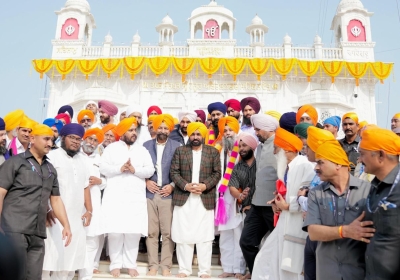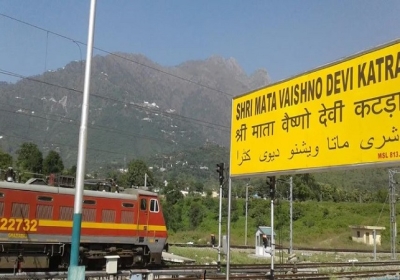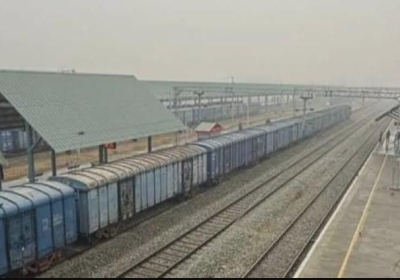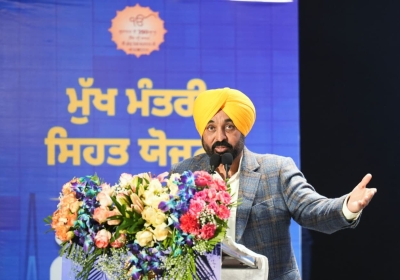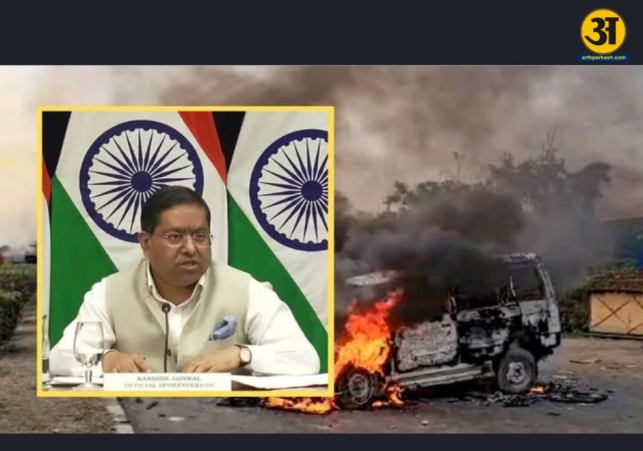
India rejects Bangladesh remark on West Bengal violence
India rejects Bangladesh official’s remarks on West Bengal communal violence
- By Gurmehar --
- Friday, 18 Apr, 2025
The Indian government has rejected comments made by a Bangladeshi official about the recent violence in West Bengal. The violence happened in Murshidabad district and nearby areas. It lasted for five days and left three people dead. The conflict began when protests by Muslims against the Waqf (Amendment) Act turned into communal violence. Two Hindu men were reportedly killed by a mob, while one Muslim man died after being shot by security forces.
On Thursday, a spokesperson for Muhammad Yunus, the interim chief of Bangladesh’s government, condemned the violence in West Bengal. He said the Indian government should ensure full protection for the Muslim minority. He also asked both the Indian government and the West Bengal state government to take action to stop such attacks and safeguard Muslims.
In response, India’s Ministry of External Affairs strongly rejected the statement. Randhir Jaiswal, the official spokesperson, said that the remarks from Bangladesh were unwarranted and unnecessary. He said that instead of making such comments, Bangladesh should focus on taking care of its own minority communities.
Jaiswal also said that Bangladesh's comment seemed like an attempt to compare it with India’s concerns about the treatment of minorities in Bangladesh. He claimed that in Bangladesh, the criminals who attack minorities are not punished and continue to live freely.
India and Bangladesh have not been on good terms recently. Their relationship has worsened since the current caretaker government, led by Muhammad Yunus, took office after former Prime Minister Sheikh Hasina was removed last August. She was removed following student-led protests.
Since then, both countries have been arguing over the treatment of minorities in Bangladesh, especially Hindus. India has been asking Bangladesh to ensure the safety of Hindus and to take steps against those who hurt them.
On the same day as Jaiswal’s statement, the Bangladeshi spokesperson, Shafiqul Alam, also responded. He said that Bangladesh had no role in the West Bengal violence. He strongly denied any link and said, “We condemn attacks on Muslims causing loss of lives and damage to property. We urge the Indian and West Bengal governments to take strong steps to protect the minority Muslim population.”
ALSO READ: Eknath Shinde promises to make Mumbai ‘pothole-free’ ahead of monsoon season
What Happened in Murshidabad
The violence in Murshidabad began as a protest against the Waqf (Amendment) Act. Many Muslims believed the law would hurt their rights related to Waqf properties (lands and assets donated for religious or charitable use). What started as peaceful protests turned into violent incidents across four towns and nearby rural areas.
In five days, the unrest led to the deaths of three people. Two of them were Hindu men, who were reportedly killed by mobs. The third was a Muslim man who died when security forces opened fire during the clashes. Several properties were damaged, and the area saw high tension, with heavy police presence trying to bring the situation under control.
India maintains that the situation is under control now and security forces are doing their job. However, the political tension between India and Bangladesh has grown due to the comments and counter-comments made by the two governments.

